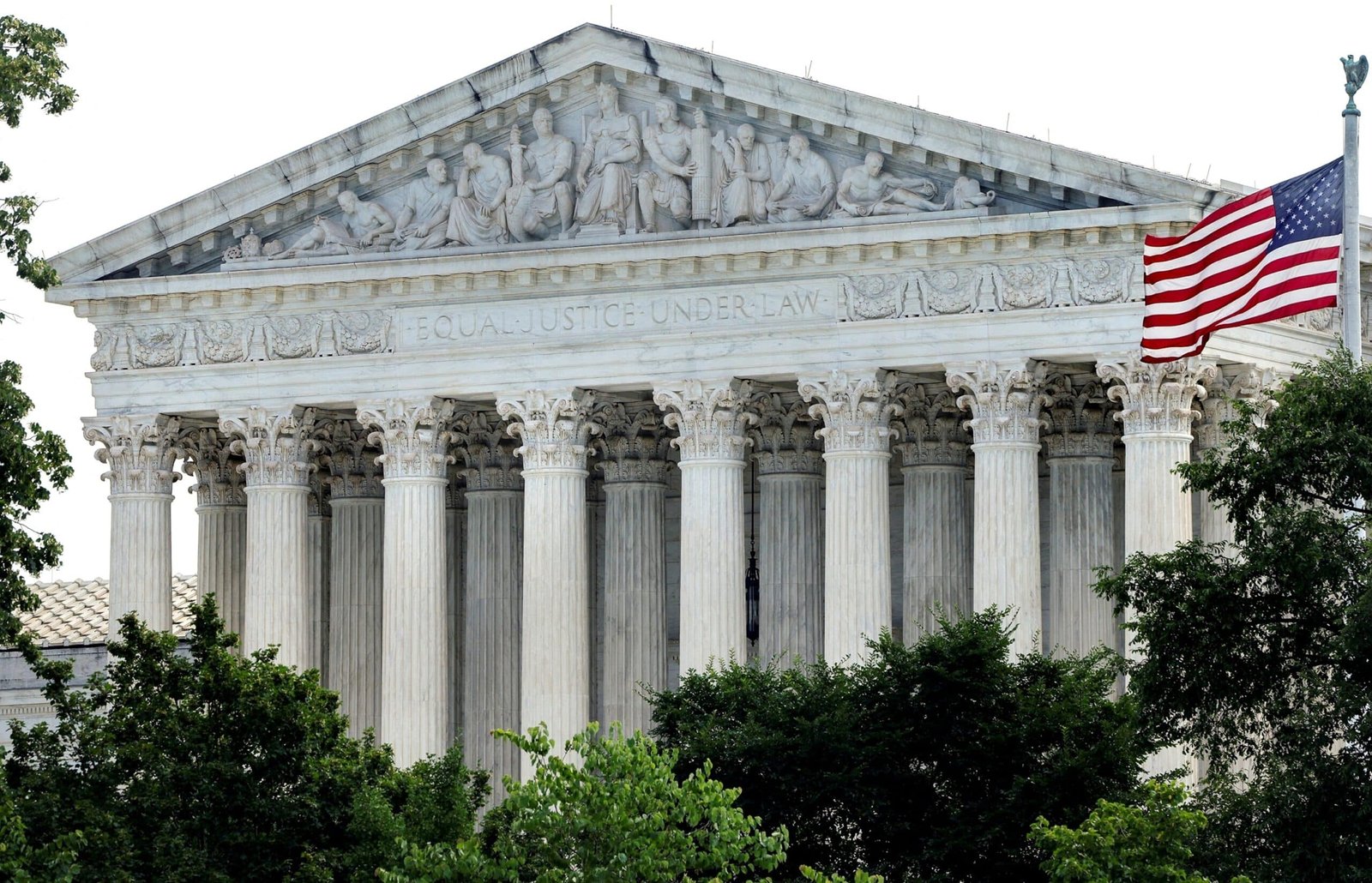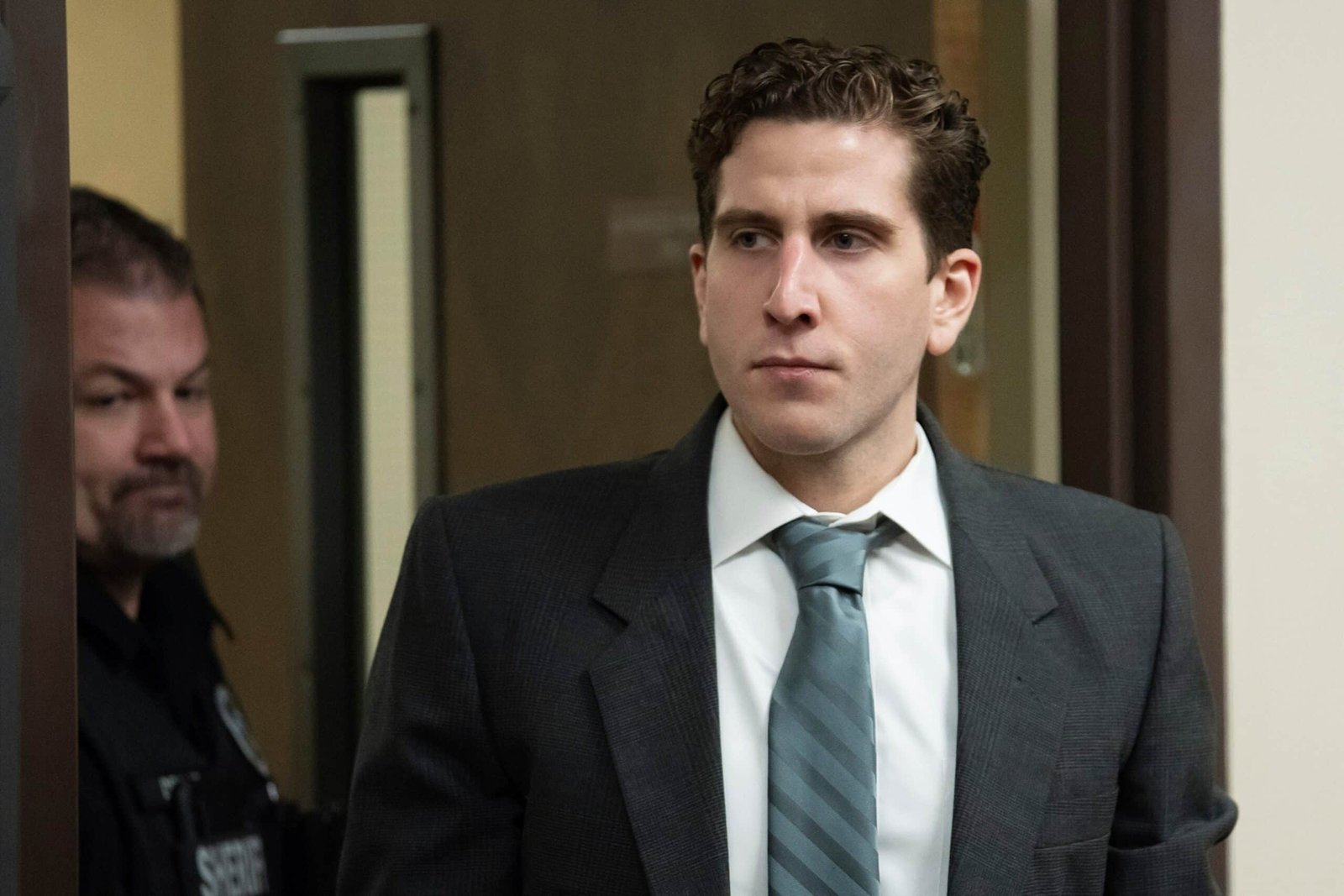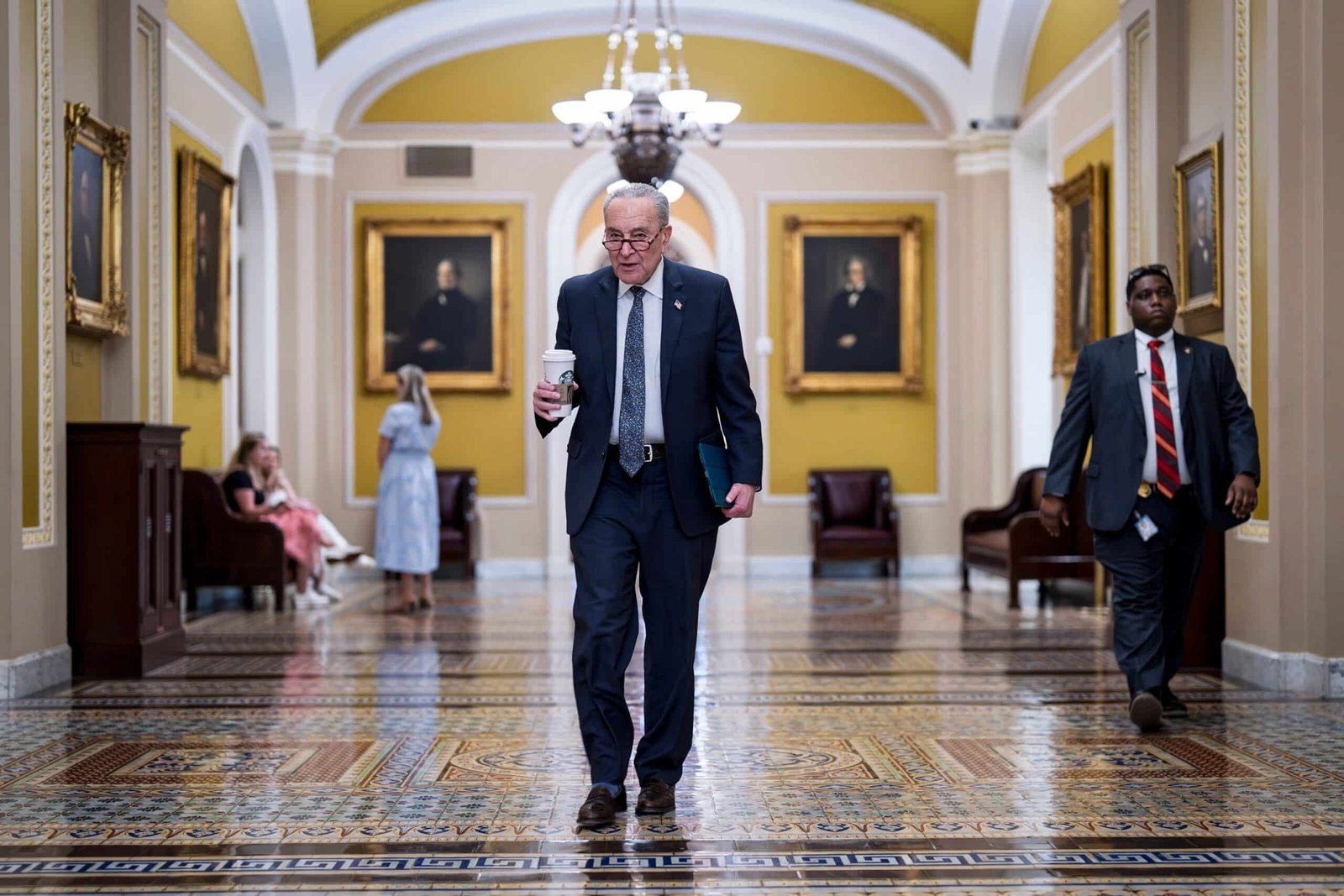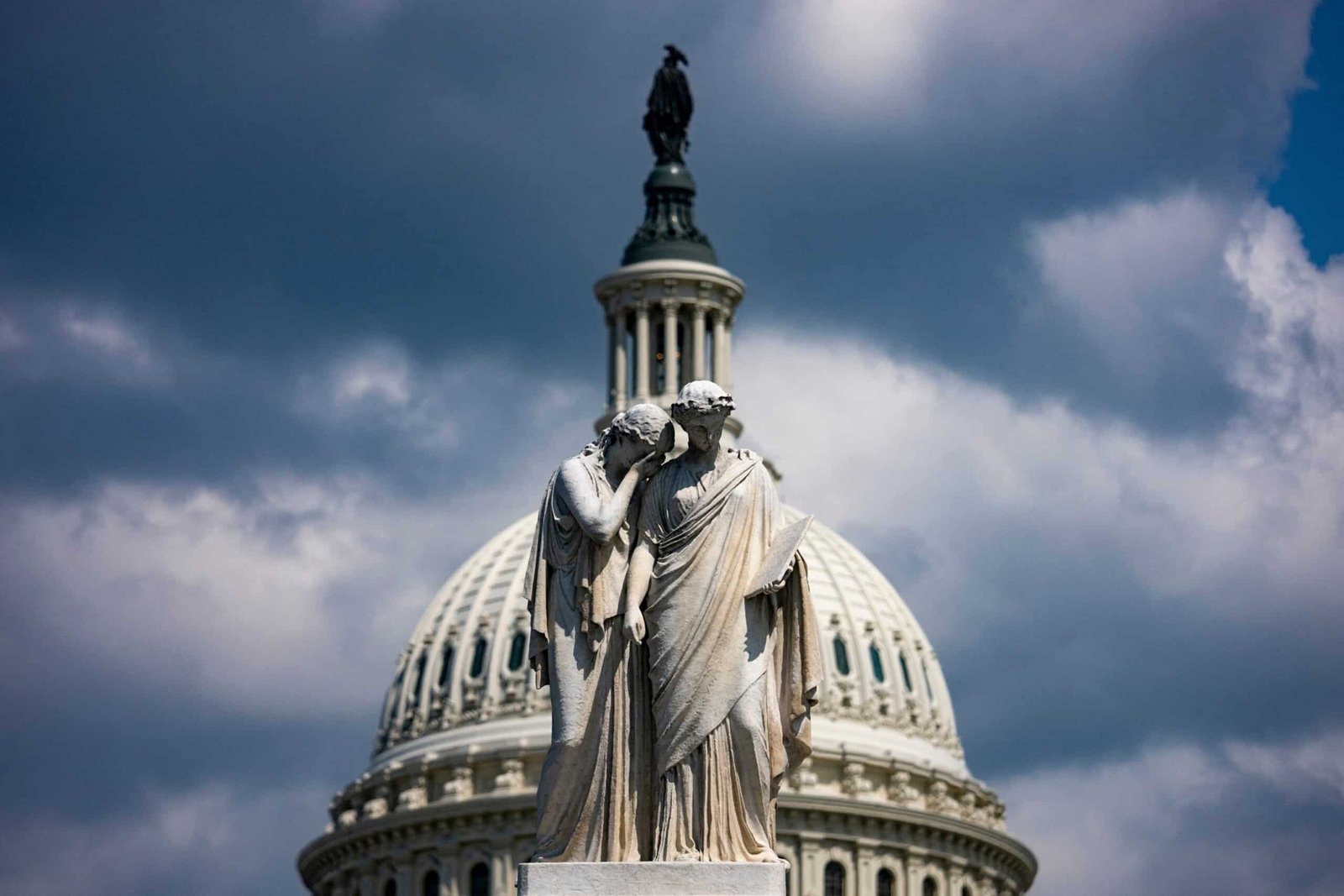The Supreme Court said Monday that it will listen to a republican challenge to the limits of federal campaign spending in its next term, which will begin in October.
The Congress has limited the amount of money and campaign organizations can spend on advertising in direct coordination with the candidates, but the judges will hear arguments about whether these limits are legal.
The case, nrsc v. The Federal Elections Commission is focused on the “expenses of the coordinated part” are unconstitutional under the first amendment.
The decision of the court in the campaign financing dispute could open the gates of coordinated expenses in the elections of half of the 2026 exams.

A view of the United States Supreme Court building in Washington, June 17, 2024.
Evelyn Hockstein/Reuters
The president of the National Committee of the Republican Congress, Richard Hudson, and the president of the National Republican Senatorial Committee, Senator Tim Scott, held the Supreme Court that occupied the case.
“The government should not restrict the support of a party committee for their own candidates,” they said. “These coordinated expenses limits violate the first amendment, and we appreciate the decision of the court to listen to our case. The coordinated expense continues to be a critical part of the winning campaigns, and the NRCC and the NRSC will ensure that we are in the strongest position possible to win in 2026 and beyond.”
The cost limits of the coordinated part for 2025 vary from $ 127,200 to $ 3,946,100 for the Senate careers, depending on the population of the vote age of each state. For the Nominees of the Chamber in States with only one representative, the limit is $ 127,200; And for house nominees in all other states, the limit is $ 63,600.
The Supreme Court added on Monday seven cases to its file for the next period, with more that will be announced later this week. In another case of high profile, Cox Communications v. Sony Entertainment Group, the Court will consider questions about who has the responsibility of the illicit exchange of music rights through the Internet.





